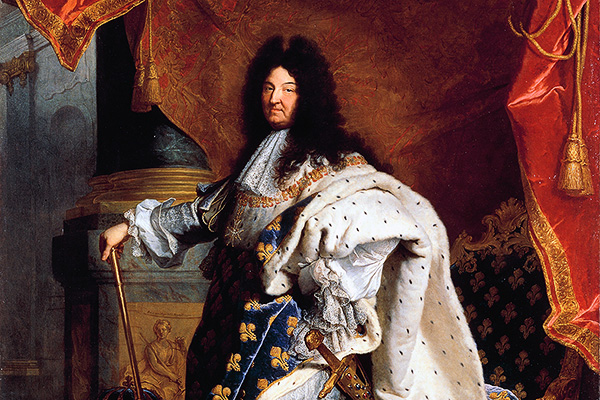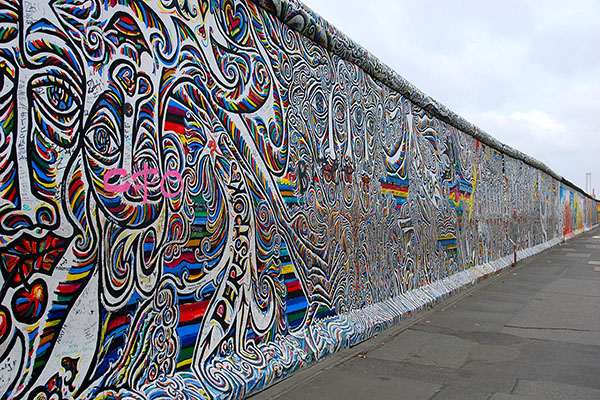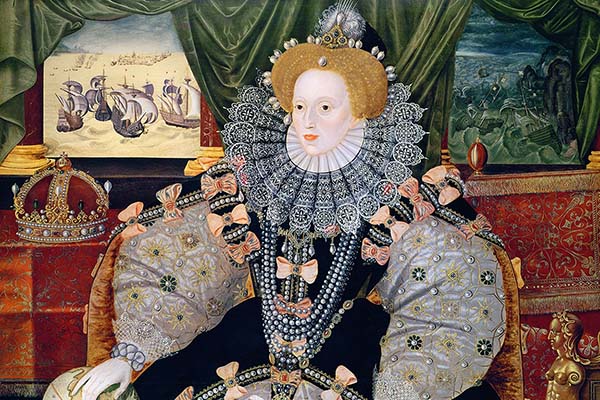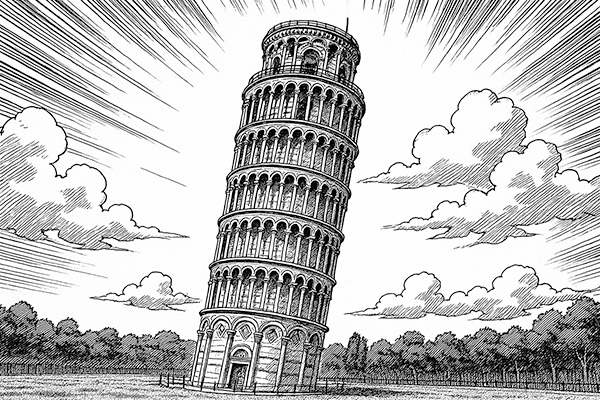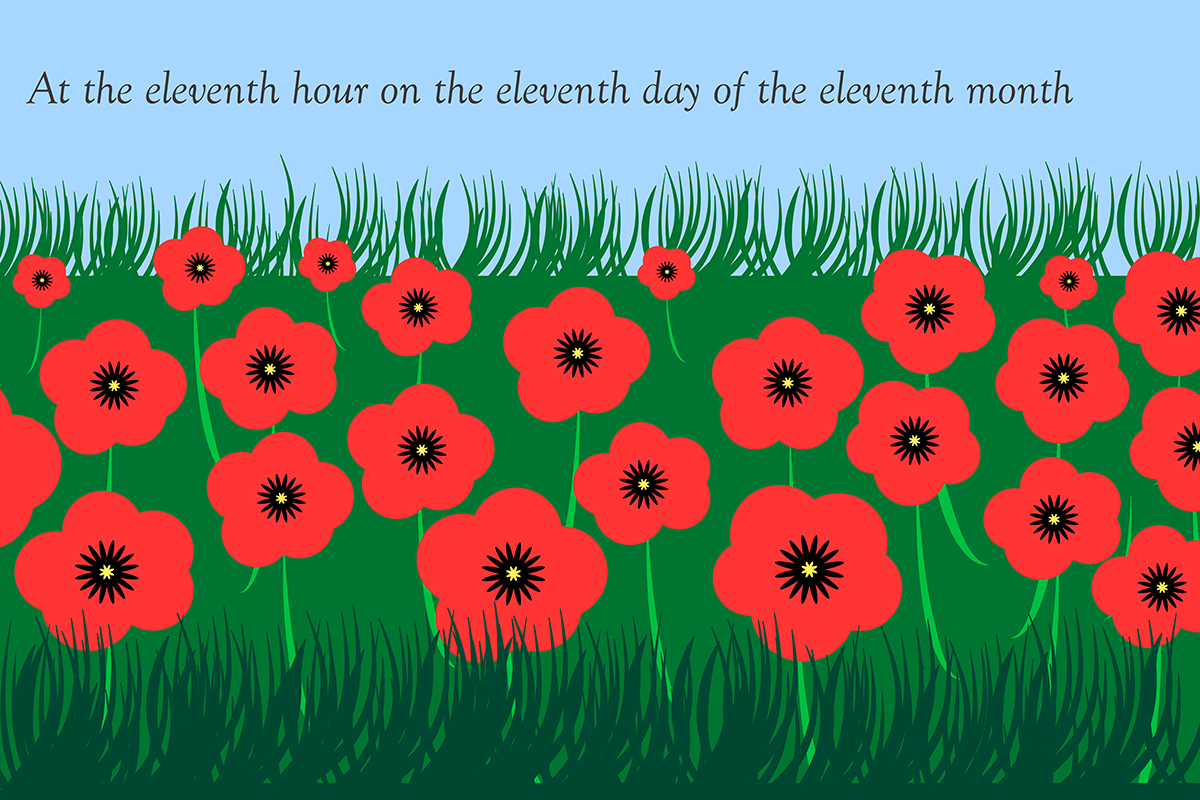
The Armistice was an agreement signed by representatives of France, Great Britain, and Germany to end fighting as a prelude to peace negotiations. The Treaty of Versailles, signed six months later, served as the peace treaty between the nations. While "armistice" is a general term for agreements to end fighting, "The Armistice" typically refers to the agreement that ended World War I.
The Armistice took effect at 11 am (French time) on November 11, 1918 - the eleventh hour of the eleventh day of the eleventh month. The terms were agreed nearly 6 hours earlier at 5:10 am, with the first condition being that fighting would cease at 11 am. Shockingly, nearly 3,000 soldiers died in the six-hour period before the fighting officially stopped.
The signing of The Armistice took place in Ferdinand Foch's railway carriage in the Forest of Compiègne, about 37 miles (60 km) north of Paris. The location was chosen for its remoteness and discretion. Ferdinand Foch, a French military commander, was one of the key signatories of the Armistice.
In 1940, another armistice was signed in the same railway carriage in the Forest of Compiègne, but this time it was Germany forcing France to end fighting in World War II. Adolf Hitler deliberately sat in the same seat as Ferdinand Foch had in 1918 to maximize the humiliation. The railway carriage was later taken to Germany for exhibition but was destroyed in 1945.
The Armistice required Germany to surrender 2,500 heavy guns, 2,500 field guns, 25,000 machine guns, 1,700 airplanes, and all submarines in their possession (though Germany was initially asked to hand over more submarines than they actually had!). They were also required to hand over several warships and disarm those they were allowed to keep.
If Germany broke any of the terms of the Armistice, such as failing to evacuate areas they were ordered to leave, failing to hand over weapons or prisoners, or damaging individuals or property, the Allies reserved the right to resume fighting with 48 hours' notice.
Germany was ordered to provide information on the location of mines and traps they had placed and to reveal any deliberate destruction or damage they had caused (such as the pollution of wells or poisoning of water sources).
By signing The Armistice and later the Treaty of Versailles, Germany had to accept full blame for the First World War and agree to pay reparations totaling around £22 billion (or $35 billion / €27 billion in today’s money). Germany only finished paying off its war debt in 2010, with a final payment of £59 million ($95 million, €71 million).
While Germany viewed the terms of the Armistice and the following Treaty of Versailles as too harsh, the French thought they were too lenient.
Armistice Day, Remembrance Day, or Veterans Day is observed on November 11th each year in countries that fought in World War I. Many countries hold a two-minute silence at 11 am to honor those who died in World War I and other wars. In the United Kingdom, Remembrance Day ceremonies have been televised since 1946, although the first live broadcast occurred in 1937



